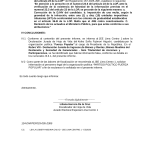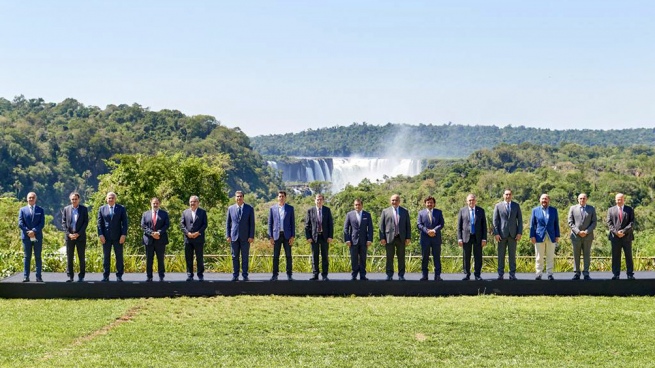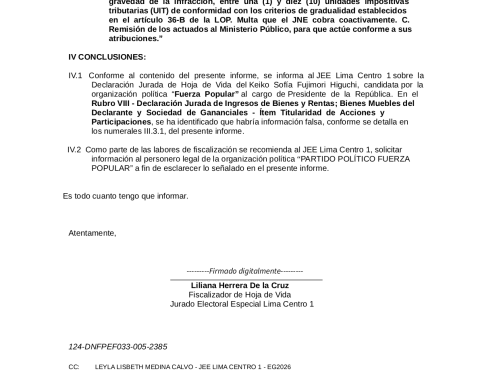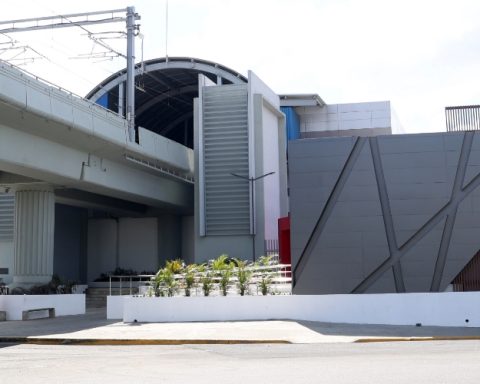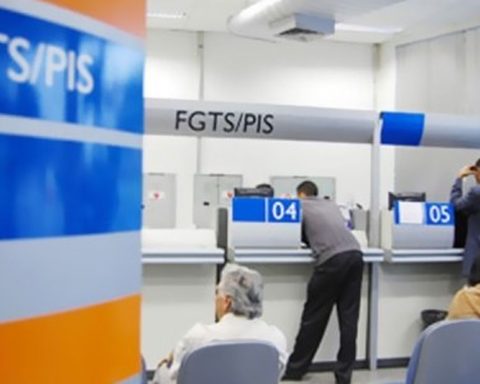The demonstrations began in the morning in various cities of this Andean country, where hundreds of teachers demanded that the national government implement the Organic Law on Intercultural Education (LOEI).
Salary equalization, the reinsertion of those laid off during the national emergency due to the Covid-19 pandemic and a fair budget for the correct development of the sector were some of the main requests.
Accompanied by red flags and posters with their demands, the teachers paraded through the main streets of various provincial capitals.
In the case of Quito, the demonstrators gathered at the headquarters of the Ecuadorian Institute of Social Security and from there they advanced through the center, led by the directors of the National Union of Educators (UNE).
“Here we are, precisely demanding the conditions we deserve,” said Isabel Vargas, president of the UNE.
The action was called by the Union for this day, when the six months granted by the Constitutional Court were completed for the national government and parliament to define the implementation of the LOEI, a regulation for which the teachers even fought with a strike of famine of 32 days, from July to last August.
The mobilizations were carried out in at least 17 of the 24 provinces of this South American territory.
According to some UNE directors, this was the first of several mobilizations that are planned against measures considered to be of a neoliberal nature, such as disrespect for a regulation approved by the pertinent instances.
Discontent with the executive’s position increased with the recent announcement by the national administration to increase salaries in the National Police.
Other social organizations such as the Federation of Secondary Students, the Unitary Front of Workers and the Confederation of Indigenous Nationalities support the position of the educators.
ode/scm





